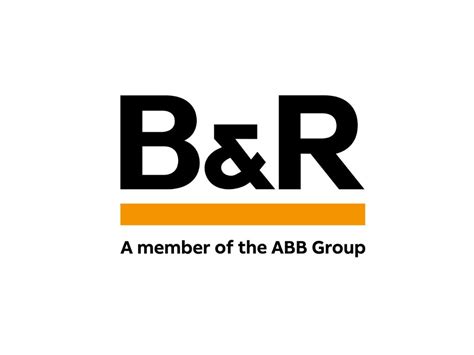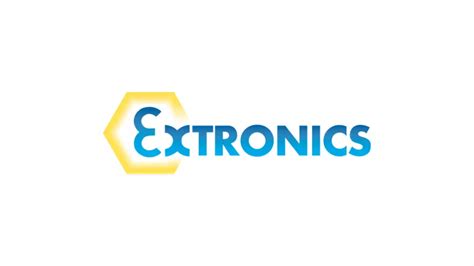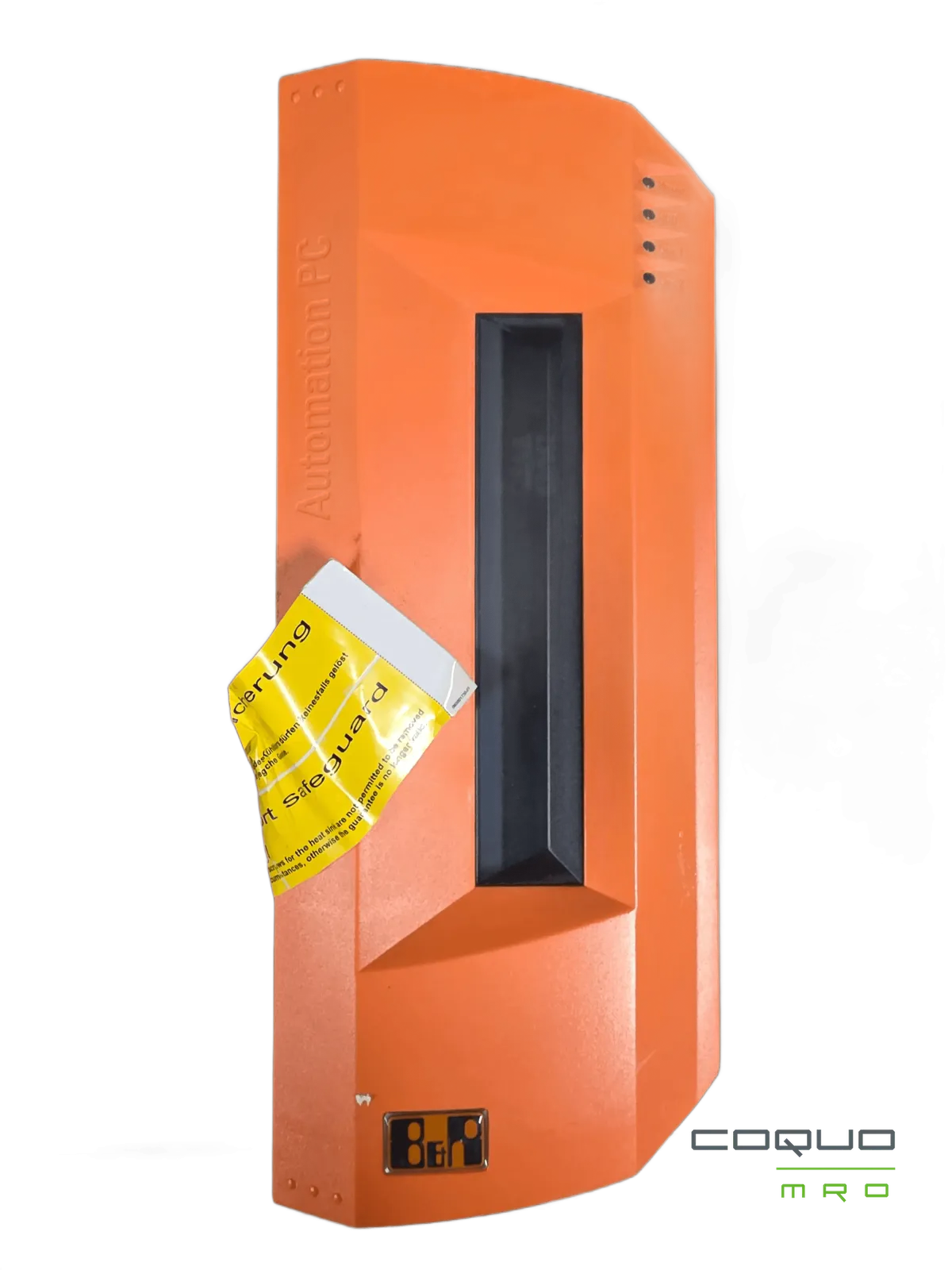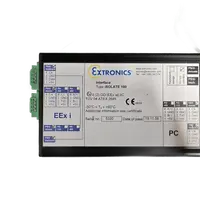An Industrial PC (IPC) is a type of computer specifically designed for use in industrial environments. These environments often have unique requirements due to factors such as temperature extremes, dust, moisture, vibration, and electromagnetic interference. Here are some key features and characteristics of industrial PCs:
Key Features:
1. Durability: Industrial PCs are built to withstand harsh conditions, including extreme temperatures, humidity, and physical shocks. They often have rugged enclosures and are made from materials that resist corrosion.
2. Longevity: IPCs are designed for long-term use, often with extended product life cycles. This is important in industrial settings where equipment may need to be operational for many years without replacement.
3. Modular Design: Many industrial PCs offer modular components, allowing for easy upgrades and repairs. This can include interchangeable CPUs, memory, and storage options.
4. Wide Operating Temperature Range: Unlike standard PCs, IPCs can operate in a wider range of temperatures, often from -40°C to +85°C.
5. Fanless Operation: Many industrial PCs are designed to operate without fans to reduce the risk of dust accumulation and mechanical failure.
They often use heat sinks or other passive cooling methods.
6. I/O Connectivity: IPCs typically come with a variety of input/output options, including serial ports, USB ports, Ethernet, and sometimes specialized interfaces for industrial equipment (like CAN bus or RS-232).
7. Power Supply: They often have a wide input voltage range and can operate on various power sources, including DC power, which is common in industrial settings.
8. Compliance and Certification: Industrial PCs may need to meet specific industry standards and certifications, such as CE, UL, or IP ratings for dust and water resistance.
Applications:
Industrial PCs are used in a variety of applications, including:
- Manufacturing Automation: Control systems for machinery and robotics.
- Process Control: Monitoring and controlling industrial processes in sectors like oil and gas, chemicals, and food processing.
- Transportation: Systems for monitoring and controlling transportation networks, including rail and road systems.
- Building Automation: Control systems for HVAC, lighting, and security in commercial buildings.
- Telecommunications: Equipment for managing and routing data in telecom networks.




